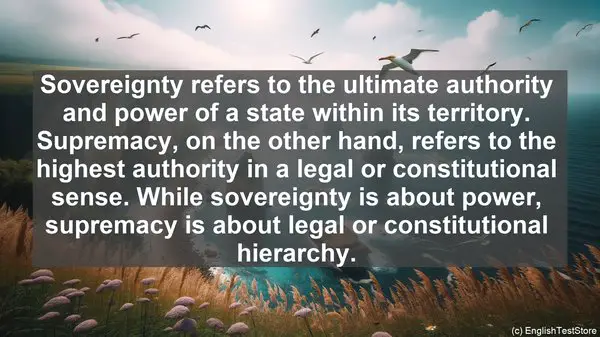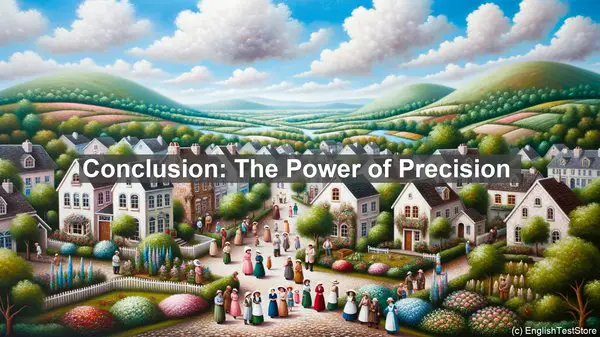Introduction: The Importance of Word Precision in Political Philosophy
Welcome to this lesson on the top 10 commonly confused words in political philosophy. In the realm of ideas, precision is crucial. Misunderstanding or misusing words can lead to confusion and misinterpretation. So, let’s dive in and clarify these concepts!
1. State vs. Government
Often used interchangeably, the state refers to the political entity that exercises authority over a territory and its people. On the other hand, government refers to the individuals or institutions that hold power and make decisions within the state. While the state is a broader concept, government is its practical manifestation.

2. Democracy vs. Republic
Both democracy and republic are forms of government, but they differ in their decision-making processes. In a democracy, decisions are made directly by the people, while in a republic, the people elect representatives to make decisions on their behalf. The United States, for example, is often referred to as a democratic republic.
3. Liberalism vs. Libertarianism
Liberalism and libertarianism are ideologies that emphasize individual freedom. However, they differ in their approach. Liberalism, in addition to individual freedom, also emphasizes equality and the role of the state in ensuring it. Libertarianism, on the other hand, advocates for minimal state intervention, prioritizing individual liberty above all.
4. Communism vs. Socialism
Both communism and socialism advocate for a more equitable society. However, they differ in their means and end goals. Communism envisions a classless society where all property is collectively owned. Socialism, on the other hand, seeks to reduce inequality through state ownership or control of key industries, while still allowing for private ownership in other areas.
5. Authoritarianism vs. Totalitarianism
Both authoritarianism and totalitarianism refer to systems with centralized power and limited individual freedoms. However, totalitarianism takes it a step further, seeking to control not just political aspects but also all aspects of society, including culture, economy, and even thoughts. Authoritarianism, while restrictive, may allow for some degree of individual autonomy.
6. Capitalism vs. Mercantilism
Capitalism and mercantilism are economic systems. Capitalism is characterized by private ownership of resources and the market determining prices and production. Mercantilism, on the other hand, emphasizes state control and regulation of the economy, often with the goal of accumulating wealth through exports.
7. Nationalism vs. Patriotism
While both nationalism and patriotism involve a love for one’s country, they differ in their scope. Nationalism often includes a sense of superiority and can lead to exclusionary or aggressive behavior. Patriotism, on the other hand, is a more inclusive and civic-minded love for one’s country, without the negative connotations of nationalism.

8. Anarchy vs. Chaos
Anarchy is often misunderstood as chaos or lawlessness. However, in political philosophy, anarchy refers to a society without a centralized government. It doesn’t necessarily mean chaos, as various forms of organization and governance can exist in an anarchist society.
9. Rights vs. Privileges
Rights and privileges are often used interchangeably, but they have distinct meanings. Rights are inherent and cannot be taken away, such as the right to life or freedom of speech. Privileges, on the other hand, are granted by a higher authority and can be revoked.
10. Sovereignty vs. Supremacy
Sovereignty refers to the ultimate authority and power of a state within its territory. Supremacy, on the other hand, refers to the highest authority in a legal or constitutional sense. While sovereignty is about power, supremacy is about legal or constitutional hierarchy.
